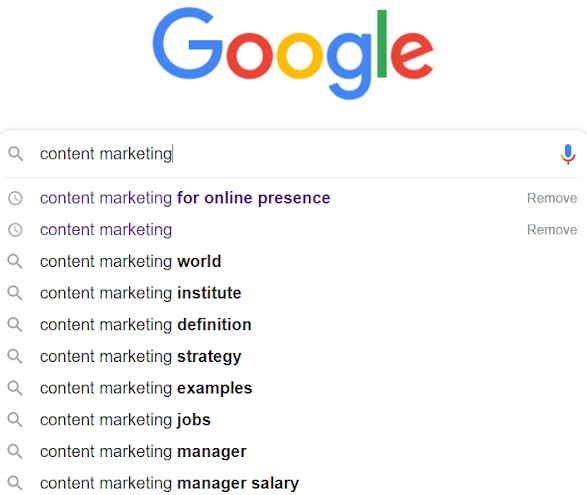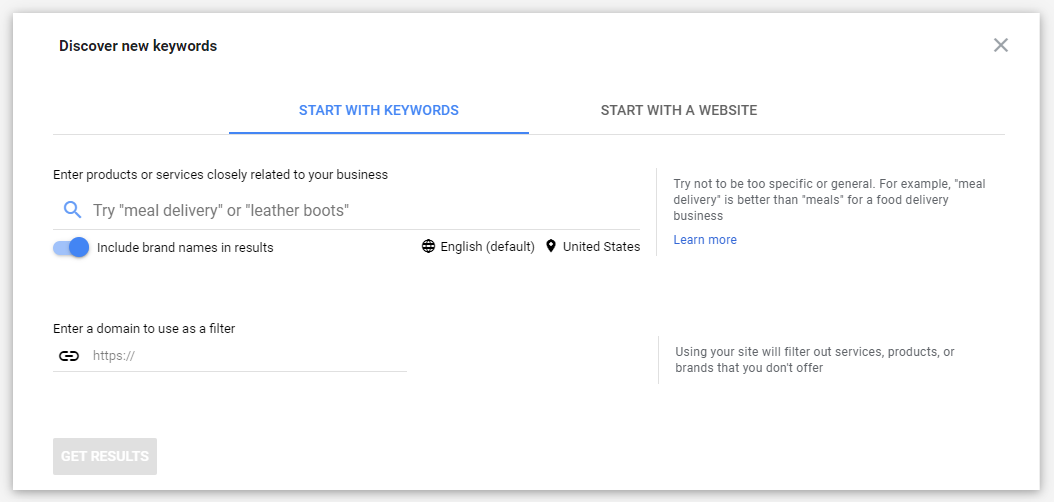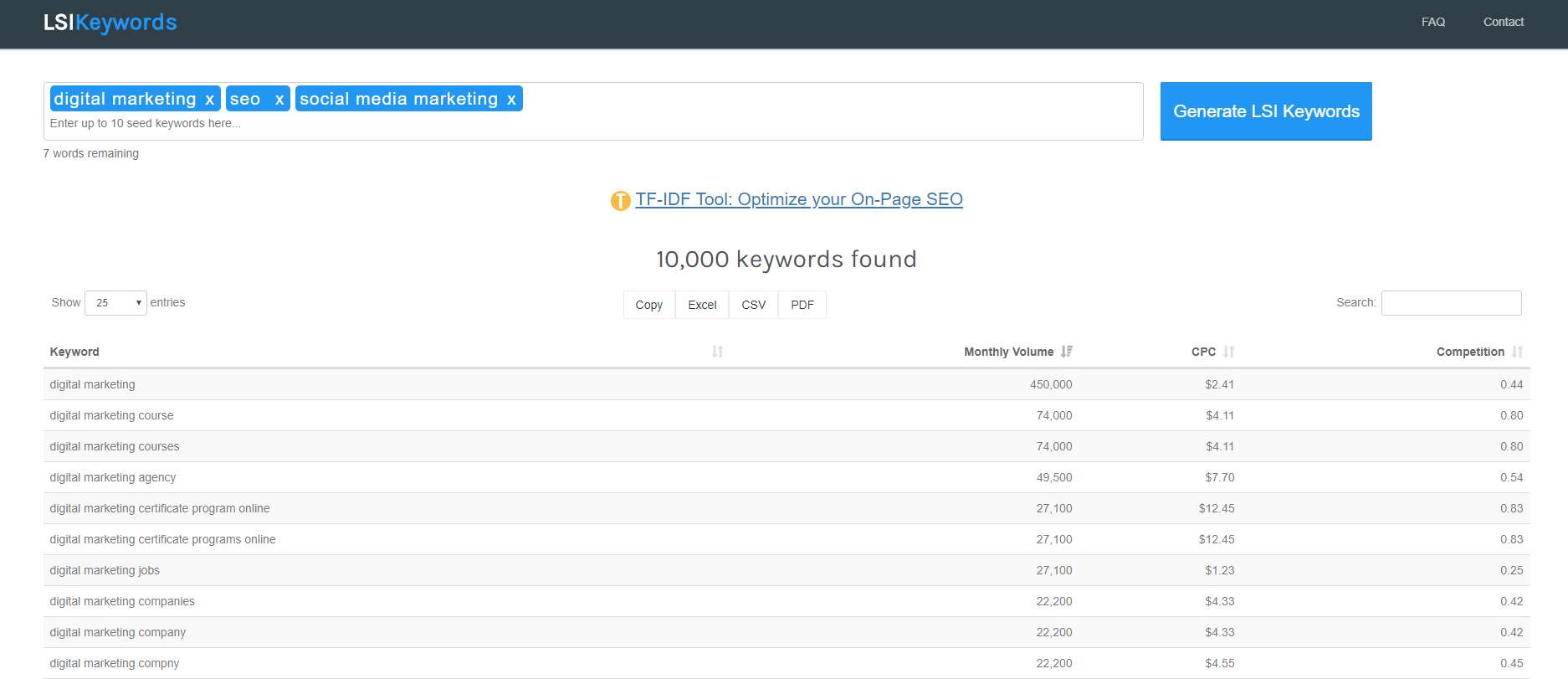
Subscribe to our newsletter!
We don't spam. You will only receive relevant and important tips for you and your business.
Unsubscribe anytime.
In the early days of SEO, content marketing was all about keyword density. Search engines would determine what a page was about based solely on the repetitiveness of the keywords they found on the page.
For example, if a page repeatedly included the term “glass repair”, Google would assume the topic of the page was glass repair.
Today, Google is able to determine what the overall topic of your page is about by relying on latent semantic indexing (LSI) to understand context at a deeper level.

Latent semantic indexing (LSI) is a mathematical technique that detects the way words cluster together in predictable patterns. Search engines use these patterns to understand context.
Search engines have evolved to prioritize contextual relevance, using semantic search to identify pages that not only contain the target keyword but also other related terms. This allows Google to improve the match between what people search for and the search results they are served.
Essentially, it's the method in which search engines decide which pages are relevant to a given search query. Incorporating LSI keywords can significantly improve your content's visibility by aligning with these advanced search algorithms
LSI keywords, or latent semantic indexing keywords, refer to terms and phrases that are closely related in meaning to the main keyword. These terms help search engines understand the context and intent behind your content.
However, LSI keywords are not synonyms. Instead, they’re terms that are closely tied to your target keyword. For example, LSI keywords for “tree care” are terms like “pruning,” “tree cabling,” “stump removal,” and “planting.”
Google will still scan your page to see if you use the term “tree care” in your title tag, content, and image alt text. But, it will also scan your page for LSI keywords, like “pruning,” “tree cabling,” “stump removal,” and “planting” to make sure that your page is about what it thinks it is. The semantic analysis that algorithms use to understand the webpage, will improve the chances that content will appear in relevant search results.

To begin, enter one main keyword into the search bar and Google will provide a list of related keywords.
Google Keyword Planner is another Google feature that can help you discover LSI keywords.
You can either search a keyword or a landing page and it will suggest hundreds of keywords, common search terms, and phrases. You can use these suggestions as your own free LSI keyword generator.
If you enter a keyword, you can see which related SEO keywords have high search levels and low competition.
If you search using a landing page, you can enter a competitor’s landing page that’s ranking above you in the search results to discover new keywords.

LSIKeywords is a free keyword generator tool. You can enter up to 10 seed keywords in the search box at the top, then hit the “Generate LSI Keywords” button.
The software will then find up to 10,000 LSI and long-tail keywords, along with their respective global monthly search volume and cost-per-click metrics.

LSI means that, as an SEO professional, you can focus on creating content for your user and not a machine.
Google now looks at total context rather than keyword density. LSI keywords will give more context to your article. This means your page will rank higher for your main keywords because Google better understands the context of your page.
Your site can be penalized if you repetitively use a keyword too many times on a page. Using a keyword over and over is referred to as “keyword stuffing”. Keyword stuffing will upset both users and Google and result in a lower ranking. However, if you’ve already used your keyword too many times, you can safely continue to add LSI keywords without the risk of a Google penalty.
Tip: Google will give your site more priority if you use both a keyword and an LSI phrase in the meta description. The algorithm will see your content as more relevant to your keywords, resulting in more relevant search results.
LSI keywords are variations of your main keyword. This means that your page will rank in the search results for your main keyword as well as for the keyword variations.
Ready to develop a keyword strategy for your business?